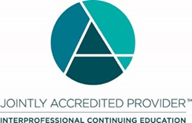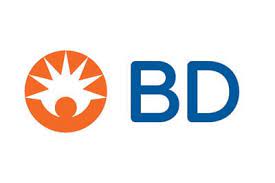PROGRAM OVERVIEW
Currently, dialysis is a life-saving option for over 800,000 people in the U.S., typically requiring several treatments per week. This number is on the rise due the increasing incidence of diabetes as well as other risk factors. No matter the cause, every patient on home hemodialysis and in-center hemodialysis must have vascular access. As the National Institute of Diabetes and Digestive and Kidney Diseases (NIDDK) describes it, vascular access is so critically important that it can be considered ‘a hemodialysis patient’s lifeline.’ This specially prepared vascular access point is where the dialysis machine will connect to the patient’s bloodstream; without it, dialysis cannot be performed. During dialysis treatments, the dialysis machine cleans the blood then moves it back into the body. The three most common types of vascular access for hemodialysis are an artery vein fistula, an artery vein graft and a catheter. These are simply the basics and outline the importance of vascular access.
Education in this evolving field is critical, as clinicians face various challenges in performing vascular access. This program has been forumulated to further educate the clinical community on these pitfalls, closing these gaps, leading to improved patient care and best outcomes.
LEARNING OBJECTIVES
(1) Explain the various vascular access related challenges, complications, incluidng how to best access, decrease/manage risks and tackle barriers in follow-up care
(2) Understand percutaneous AVF creation; the technical concepts and innovative research in this emerging option for hemodialysis access
(3) Define innovative surgical devices and new technologies for vascular access as well as in-home dialysis
(4) Understand the emotional impact on the patient and the role the surgeon plays in counseling ahead of the procedure
(5) Explain the advantages and disadvantages of access centers versus continuity of care
(6) Define the role of the surgeon and interventionists in fistula maintenance and long-term care

JOINT ACCREDITATION STATEMENT
In support of improving patient care, this actiivty has been planned and implemented by Amedco LLC and Columbia University Department of Surgery. Amedco LLC is jointly accredited by the Accreditation Council for Continuing Medical Education (ACCME), the Accreditation Council for PHarmacy ducation (ACPE) and the American Nurses Credentialing Center (ANCC), to provide continuing education for hte healthcare team.
Physicians (ACCME) Credit Designation
Amedco LLC designates this live virtual activity for a maximum of 4.00 AMA PRA Category 1 CreditsTM. Physicains should claim only the credit commensurate with the extent of their participation in the activity.

